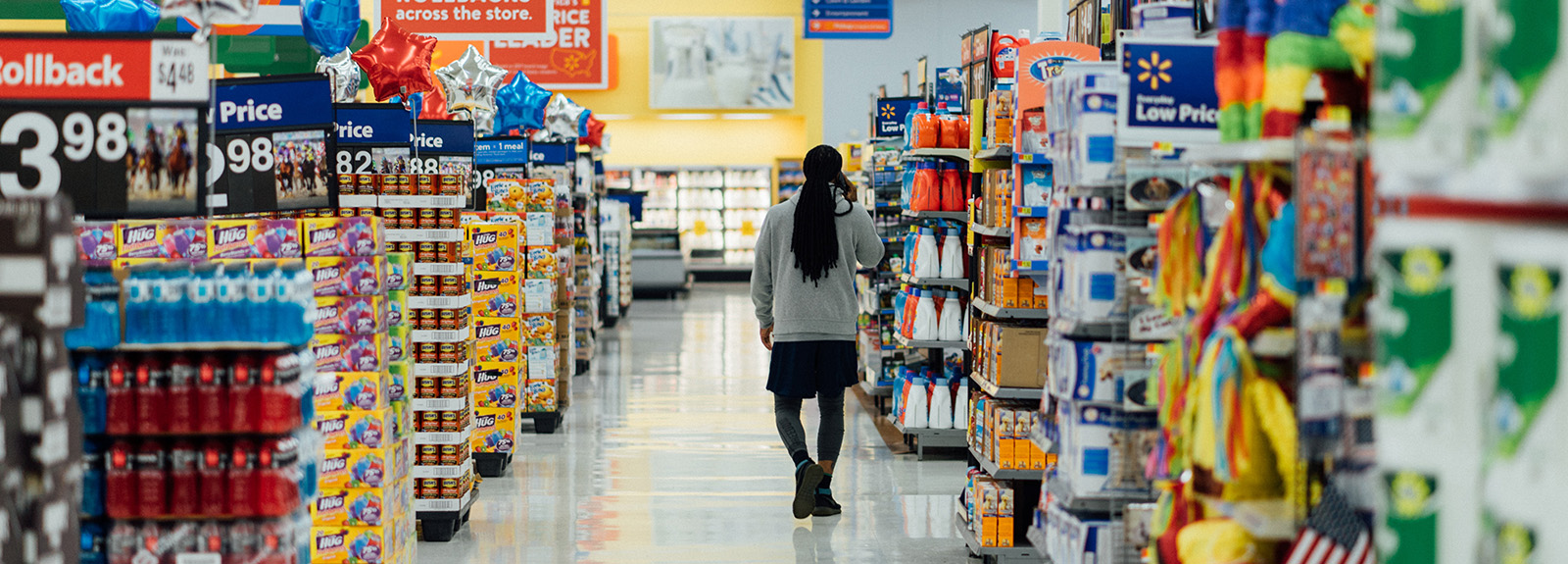- Can Animals Catch and Spread Coronavirus?
- Queen's University launches Covid-19 Research Roundtable video series
- Queen’s rising to the COVID-19 challenge: The importance of simulation in healthcare
- How much of the coronavirus does it take to make you sick? The science, explained by Dr Connor Bamford
- TEDxQueensUniversityBelfast: Adapt and Change
- Prepare to sleep and sleep to be prepared.
- Supporting Children in Isolation
- Supporting Pets During Lockdown
- Immunology and COVID-19: Shaping a better world podcast
- Global trading: the good, the bad and the essential
- Global food supply chains in times of pandemic
- The impact of lockdown on isolation and loneliness
- Cancer Care in the Era of COVID-19
- ‘Giant’ of astronomy to host live school lessons
- How the pandemic is further alienating the disabled community
- COVID-19 and Older People: Shaping a better world podcast
- Engaging your child to learn during lockdown
- Stay well: Our expert guide to wellbeing during lockdown
- Working parents are feeling the strain of lockdown
- How is coronavirus affecting animals?
- The Coronavirus Act: Where it Falls Short
- Economic rebirth after COVID-19
- Coronavirus and the new appreciation of teachers
- ‘Make room for fun’: home-schooling for parents
- Why a collaborative research culture is needed to address the COVID-19 challenge
- COVID-19: Don’t bank on a rapid economic recovery
- Explained: the importance of behavioural responses when implementing a lockdown
- COVID-19: Curbing a loneliness epidemic
- How soap kills the COVID-19 virus
- An expert’s guide to working from home
- How to exercise safely during a pandemic
- Five tricks your mind might play on you during the COVID-19 crisis
Economic rebirth after COVID-19
While our primary focus should be humanitarian, the economic damage of COVID-19 is devastating. However, Dr Graham Brownlow is hopeful the crisis might jump-start a self-cleanse of the UK economy.
While the economic impact of COVID-19 should not be downplayed, the immediate shock to the economy could stimulate a re-evaluation of our financial systems and business practices forcing the hand of policy-makers.
Dr Graham Brownlow, a Senior Economics Lecturer from Queen's Management School says: “The primary economic damage is to the supply side and the demand of business, and that’s why it’s so painful. That shock has been very immediate, and it’s required a kind of economic emergency medicine. If you think of [the UK government’s bail out scheme] as a Heimlich Manoeuvre for capitalism.”
Amid widespread disruption to business and trade, much of the world economy has shuddered to a halt, however, the pandemic has also sparked a cultural shift which, when weighted by economists, offers some positivity.
“Culturally, the solidarity and trust that we have seen displayed and the general social cohesion might be beneficial going forward. Those are not necessarily economic benefits, but they make for a better society in which to live,” explains Dr Brownlow. “Within economics, you can apply values to things like healthcare and safety. There is a literature on the value of life, for instance. There are a range of these cultural aspects where monetary values can be attached.”
While the pandemic has shocked the economic system to its core – casting a shadow for a long time to come - there are glimmers of light on the horizon. Here, Dr Brownlow predicts some lasting changes to the future of finance.

The NHS will be safe
“Politically, the support that we have seen for the NHS will mean the health service budget will not shrink in the future,” says Dr Brownlow. “It is politically now safe. I think expenditure will continue to grow in the health sector. I think future governments will redirect spending away from other areas into healthcare.
“There are issues about the funding model of the NHS over other OECD (Organisation for Economic Co-operation and Development) economies. I don’t see politically that it is possible to move the UK away from a free at the point of use model. I don’t think that is politically going to run, so I don’t think we are going to end up with an insurance system as in many other developed economies, but we will end up with a bigger healthcare budget.”
The public purse will deepen
Dr Brownlow says that the UK may increase public expenditure in line with other OECD (Organisation for Economic Co-operation and Development) countries such as Germany and France.
“In order to pump more money into the NHS, that money would have to come from other areas of public spending. It could be that the public decide they don’t want to redirect from other areas and are happy to spend just a higher proportion of their national income on public spending as a whole,” says Dr Brownlow. “You could think of the French spending model, with a higher share of public spending.”
He adds, “There is a literature on economics on what is called displacement effects. This goes back to Alan Peacock and Jack Wiseman in the early 1960s. They argued that during crises, public spending increases, but once the crisis recedes, public spending declines. However, it doesn’t go back to its original position; it stays higher than it was initially, even if there is some convergence.
“If you look at public spending in Britain, it has increased over time, but not in a straight line; in a jagged line because of a series of crises. Perhaps, we are going to end up with an increase on health care spending and it won’t revert down to a lower level. We are just going to see in the future a higher share of public spending in the UK, so we look more like France or Germany, for example.”
The landscape for workers will change
“I think a lot of employers are going to sit down and re-evaluate how they do things, homeworking for instance,” suggests Dr Brownlow. “For example, is it possible to organise businesses remotely with technology and proper training? Is it possible to cut down offices and move out of cities with expensive rent? All these things may come into play in the future and impact the average person. There will be a number of repercussions once the dust has settled.”
With workers potentially migrating away from city centres, the face of the high street is likely to change.
“There is a technical literature on clustering of employment. It makes the observation that high skilled workers purchase goods and services from low-skilled workers,” explains Dr Brownlow. “This leads to an employment multiple: If you think of a high-skilled computer worker in Seattle getting coffee from a coffee shop. The number of people employed at the coffee shop is more than the number of software engineers - the multiplier puts it at somewhere between 3 and 5. In other words, one highly skilled worker creates the jobs for 3-5 unskilled or low-skilled workers.”

However, if that high skilled worker is taken out of the city centre and is working from home, the demand for coffee in city centres and for people working in city centres will decrease.
“What you might see is a changed landscape of the city centre. Less shop units filled or shop units with fewer workers in them. I do think there is an implication going forward for retail. I think there has a been a recognition for a number of years of the problems of the high street with a lot of empty vacant buildings in high streets. This may force the hand of the government to create policy to deal with that problem.”
He adds, “The issue in the economy is, where will those new job opportunities be, to replace those job opportunities that were lost. I think that is a public policy dilemma that might take years to unravel.”
Demand will come back to the economy
While many businesses won’t survive the closures enforced by the pandemic, others will thrive once normal service is resumed.
“Some businesses will make the decision not to reopen after the crisis recedes. We will see a recovery of the number of units of shops, but I’m not sure we will see the number we had at the start,” says Dr Brownlow.
He adds, “Cash is king, and the Chancellor is trying to keep as much cash in small business as possible. Once the crisis recedes, demand will come back into the economy and it doesn’t matter whether it is pubs or hairdressers, the demand will come back. The problem, if you are a hairdresser or a pub landlord, is the cashflow in the interim; that is the problem that needs to be solved and that is what policy makers are trying to figure out in the interim. It’s about stabilising the economy and cash flow largely at the lower end of the market. Because that is where the vast amount of employment is created.”
Spending habits will change
With supermarket delivery a huge part of the societal COVID-19 story, people may continue to shop online.
“If that online model is going to be rolled out, it’s going to require a much bigger development of the lorries and that infrastructure within supermarket retailing,” says Dr Brownlow. “I do think at the higher end, a move to online will be boosted, as people have got into the habit of purchasing things like alcohol online and they may keep that habit up after the crisis ends.”
We may also see a return to more niche shops on the high street as people revert back to old-fashioned standalone suppliers such as green grocers and butchers. “In terms of the high street, the number of units will go down, but we may end up with different niches. For instance, green grocers. It will change some consumer habits and some of those habits will persist,” says Dr Brownlow.

Corporate carbon footprint may reduce
“The interesting question with air travel is a lot of businesses will have learned from this crisis that an awful lot of business trips may not have been necessary,” says Dr Brownlow. “They may decide six months or a year down the line to make use of more technology and use air travel less.
He adds, “That means for the airlines, a year from now, they are not going to have a lot of high-end business travellers, which has consequences for airports like London City Airport that rely on business travel.”
The skills gap may close
The crisis has exposed an army of low-paid but essential workers, sparking an egalitarian response. “There is a clear divide between high-skilled, high-wage, high-productivity jobs and low-skilled, low-wage and low productivity jobs,” says Dr Brownlow. “Even in Northern Ireland, there is a clear spatial divide between Belfast – one of the top cities in the UK based on GDP – and other parts of Northern Ireland. When you factor in the region from Strabane to Limavady, Northern Ireland places 168th of 173 UK regions for economic growth.”
He adds, “A lot of workers may detect because of this inequity that the high skilled jobs are the place to be in this economy. So, one unforeseen or subtle implication that may emerge is that universities may benefit from people returning to study and up-skill.”